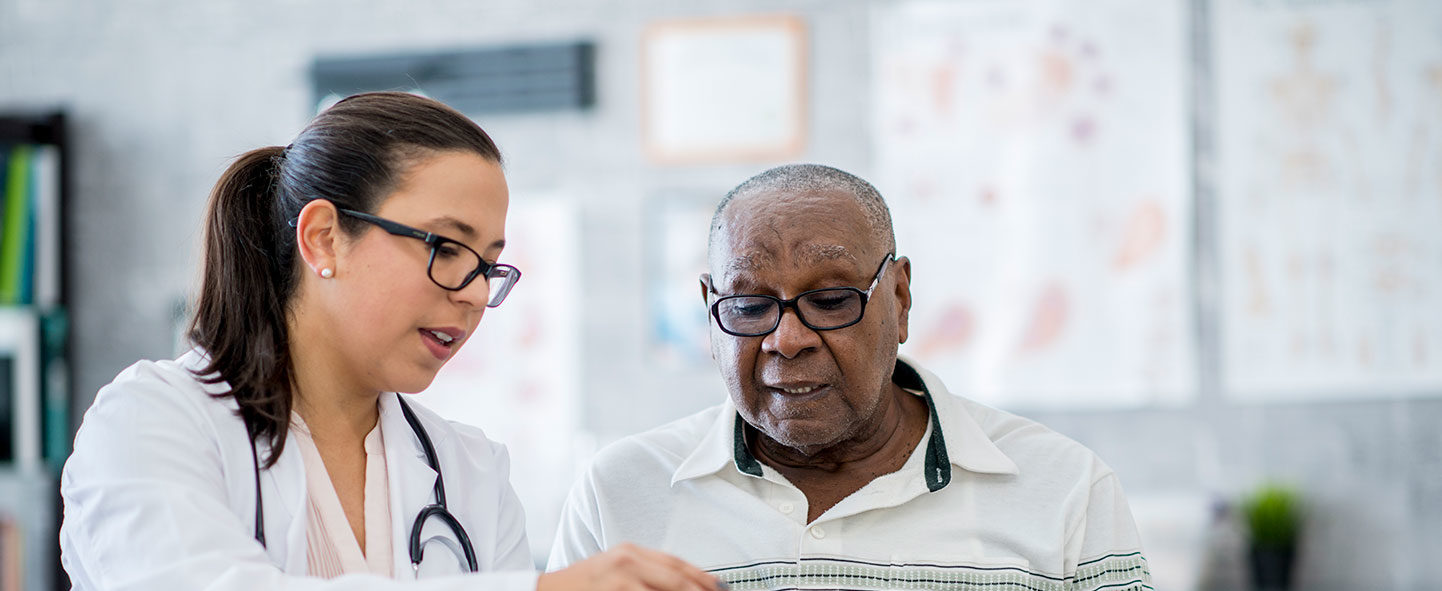
How the Post-Master’s FNP Certificate Works
The Post-Master’s Family Nurse Practitioner (FNP) Certificate focuses on preparing nurses who already have master’s degrees to address the healthcare needs of rural and underserved communities. Employment of nurse practitioners is expected to grow 31 percent from 2014 to 2024, much faster than average for all occupations. Rural areas, particularly in the counties surrounding SMWC —Parke, Clay, Greene and Sullivan — are currently lacking in full-time nurse practitioners.
Earn the certificate in less than two years and pursue a career which will help address this need. Upon program completion, you will be eligible to take the Family Nurse Practitioner Certification exam offered by the American Nurses Credentialing Center (ANCC) and the American Academy of Nurse Practitioners Certification Board (AANPCB).
This program gives you the flexibility to work toward advancing your career while meeting your family and professional responsibilities.
Highlights
- Students have the flexibility to attend face-to-face classes, online synchronously or asynchronously for most classes.
- Each term, students take one or two classes every eight weeks during the fall and spring semesters, most terms only requiring one course. Summer classes are taken at the end of years two and three. A week’s break between courses is built into fall and spring semesters. Students get a generous break over Christmas, as well as before and after the eight-week summer session.
- The program requires the completion of 24 credit hours
- Small classes allow students to interact with fellow nurses and receive mentoring from expert faculty
- The program features a minimum of 750 patient hours with hands-on learning focused on all populations across the lifespan in the outpatient primary care setting.
How will Post-Master’s FNP benefit me?
Rooted in the strong foundation of liberal arts, science and Catholic education, all graduates of Saint Mary-of-the-Woods College nursing programs are expected to demonstrate the following outcomes:
- Utilize effective communication and collaboration skills through oral, written and technology media with patients, nursing colleagues and interprofessional team members
- Promote holistic health, including spiritual well-being, through the support of wellness and health-related activities for self and patients
- Guard patient safety through critical thinking, information technology, data analysis and risk management strategies
- Provide effective, culturally sensitive and compassionate nursing care through the use of the nursing process that is supported by current, evidence-based research as indicated by educational preparation and scope of practice
- Demonstrate effective leadership and management abilities through the competent coordination of patient care across the healthcare continuum
- Advocate for social justice through the promotion of access, resources, quality health care and prudent health policies
- Exhibit professionalism through upholding the values, ethics and standards of nursing